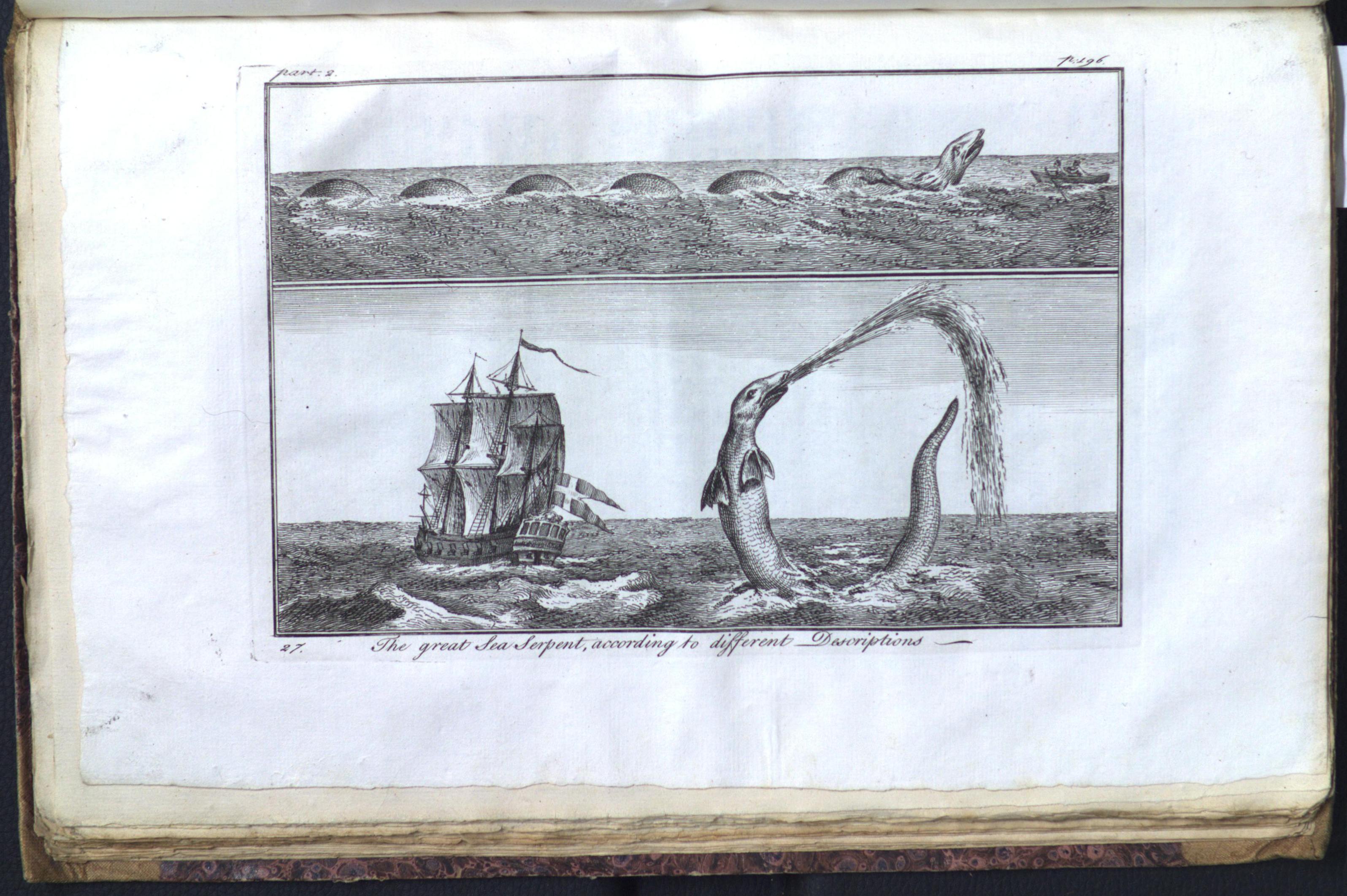1. A crash blossom (via Austen; cannot find article online): "Great white attacks seal off Carpinteria" -- this is the relevant story.
2. Parallel passages. Credit for noticing these goes to Calista.
A. Bohumil Hrabal, I Served the King of England:
[...] soon it was all I wanted to do too, walk up and down the platform several times a day selling hot frankfurters for one crown eighty apiece. Sometimes the passenger would only have a twenty-crown note, sometimes a fifty, and I'd never have the change, so I'd pocket his note and go on selling until finally the customer got on the train, worked his way to a window, and reached out his hand. Then I'd put down the caddy of hot frankfurters and fumble about in my pocket for the change, and the fellow would yell at me to forget the coins and just give him the notes. Very slowly I'd start patting my pockets, and the dispatcher would blow his whistle, and very slowly I'd ease the notes out of my pocket, and the train would start moving, and I'd trot alongside it, and when the train had picked up speed I'd reach out so that the notes would just barely brush the tips of the fellow's fingers, and sometimes he'd be leaning out so far that someone inside would have to hang on to his legs, and one of my customers even beaned himself on a signal post. But then the fingers would be out of reach and I'd stand there panting, the money still in my outstretched hand, and it was all mine.B. Terry Southern, "Grand Guy Grand":
The hotdog-man, in trying to utilize all their remaining time, passed the hotdog to Grand and reached into his change pocket even before having looked carefully at the bill—so that by the time he made out its denomination, he was running almost full tilt, grimacing oddly and shaking his head, trying to return the bill with one hand and recover the hotdog with the other. During their final seconds together, with the hotdog-man’s last overwhelming effort to reach his outstretched hand, Grand reached into his own coat pocket and took out a plastic, animal-mask—that of a pig—which he quickly donned before beginning to gorge the hotdog in through the mouth of the mask, at the same time reaching out wildly for the bill, yet managing somehow to keep it just beyond his finger’s grasp, and continuing with this while the distance between the two men lengthened, hopelessly, until at last the hotdog-man stood exhausted on the end of the platform, still holding the five-hundred dollar bill, and staring after the vanishing train.
The past two weeks have been good; various research things are moving forward and should be digested and voided as papers soon. I have also been reading a string of very good books -- Woodcutters, Manservant and Maidservant, The Fountain Overflows, Dancing Lessons for the Advanced in Age, and now I've acquired as much of Hrabal as is in the library. I can't imagine why I wasn't told to read him earlier; apart from the obvious visceral appeal there are affinities with Bernhard and even with Sebald -- e.g., from Too Loud a Solitude,
Books have taught me the joy of devastation: I love cloudbursts and demolition crews, I can stand for hours watching the carefully coordinated pumping motions of detonation experts as they blast entire houses, entire streets, into the air while seeming only to fill tires.



